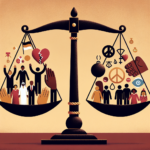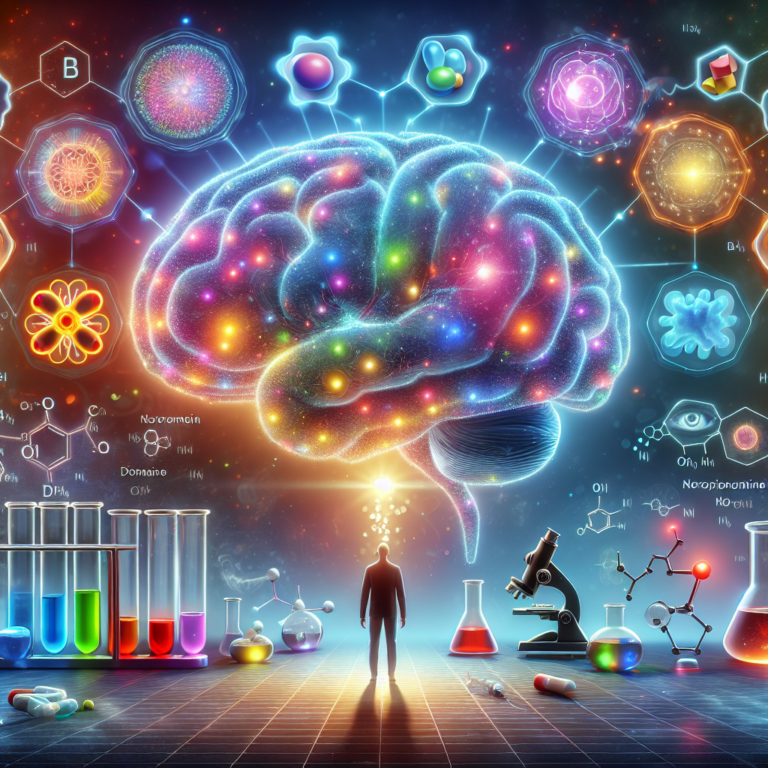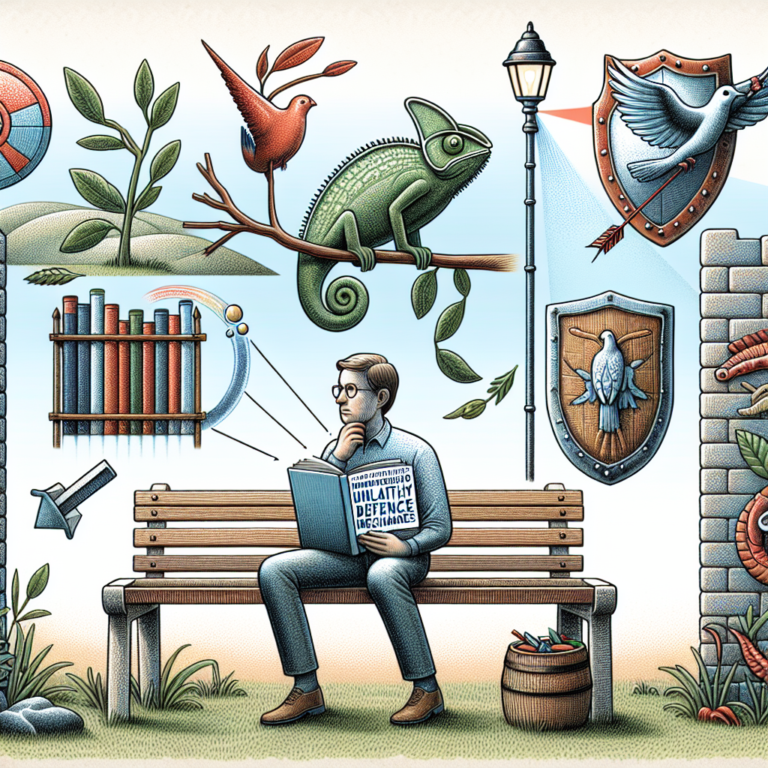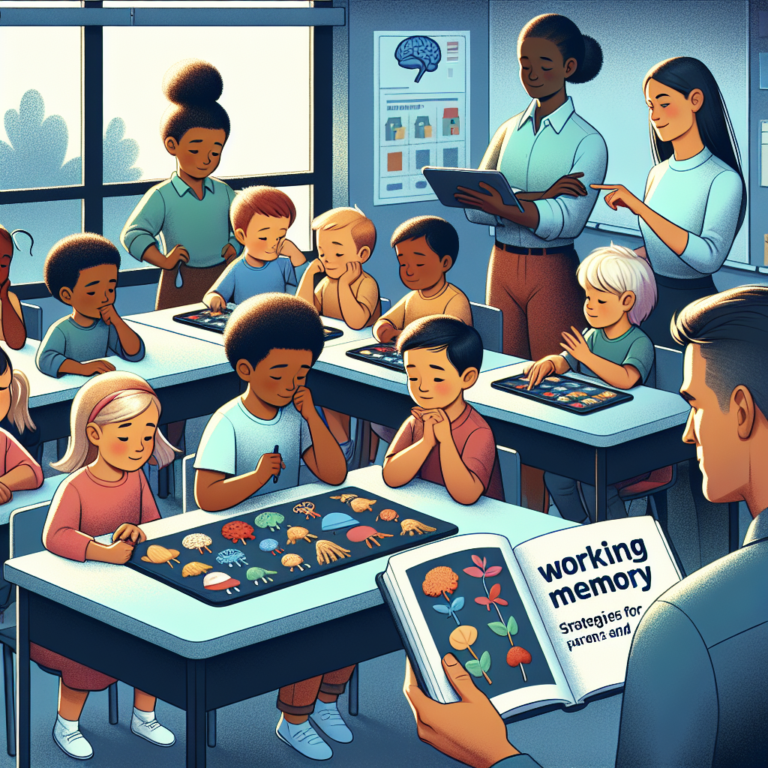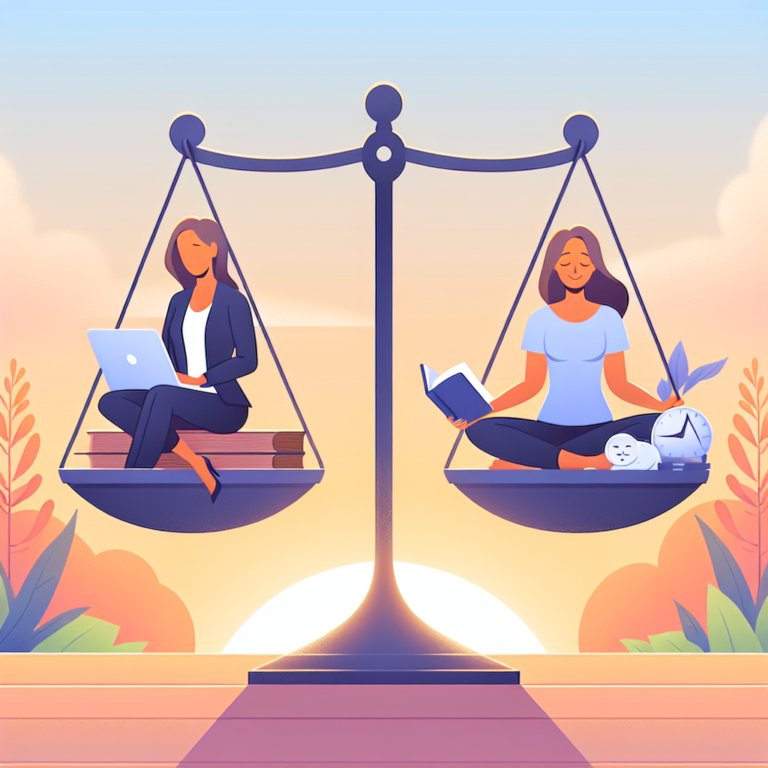
Introduction
Imagine driving down an unfamiliar road and suddenly swerving to avoid an obstacle you never saw coming. In a similar vein, our minds often operate on autopilot, leading us to make decisions influenced by unseen biases. The blind spots of the mind: unraveling the mystery of cognitive biases is crucial for understanding the ways our brains misinterpret reality, affecting judgments and actions in profound ways. In a world overflowing with information, recognizing these cognitive pitfalls not only empowers individuals but can also enhance decision-making across various aspects of life, from personal choices to professional strategies.
Understanding cognitive biases involves diving deep into the psychology that shapes our perceptions, beliefs, and ultimately, our behaviors. As we venture into this fascinating terrain, we’ll analyze specific biases, share enlightening case studies, and explore actionable strategies for mitigating their impacts. Get ready to unlock the intricate workings of your mind!
What Are Cognitive Biases?
Cognitive biases are systematic patterns of deviation from norm or rationality in judgment, whereby inferences about other people and situations may lead to illogical outcomes. These biases arise from the brain’s attempt to simplify information processing and are often subconscious, meaning we may not even be aware of their influence.
Why Are They Important?
Understanding cognitive biases is essential because they can distort our perspectives, influence our decisions, and even sway our relationships. In various fields such as marketing, healthcare, and politics, being aware of these biases can improve outcomes by fostering better communication and more informed decision-making.
The Common Cognitive Biases and Their Impact
1. Confirmation Bias
Definition: The tendency to search for, interpret, and remember information in a way that confirms one’s preexisting beliefs.
Case Study: A notable example of confirmation bias can be seen in the political realm. During elections, individuals often curate their news sources to align with their political beliefs. A study by the Pew Research Center found that people who consume news curated to their tastes are less likely to trust opposing viewpoints, reinforcing their existing biases.
Analysis: This case study demonstrates that confirmation bias can lead to polarization and a lack of discourse between opposing sides, hindering constructive dialogue.
2. Anchoring Bias
Definition: The reliance on the first piece of information encountered (the "anchor") when making decisions.
Case Study: A study published in The Journal of Consumer Research quantified how initial price information affects consumer behavior. Participants exposed to an anchor price (e.g., $1,000 for a TV) were more likely to consider discounted prices (e.g., $800) as good deals, regardless of the TV’s actual market value.
Analysis: This example shows how anchors can lead consumers to make irrational choices, as initial perceptions can skew subsequent evaluations.
3. Availability Heuristic
Definition: Overestimating the importance of information that is readily available or memorable.
Case Study: The phenomenon of people believing that airplane travel is more dangerous than car travel is a classic case of the availability heuristic. Media coverage of plane crashes tends to be extensive and vivid, creating a lasting impression on the public, whereas car accidents, though statistically more common, receive less attention.
Analysis: This bias illustrates how our perceptions can be swayed by memorable events rather than factual data, leading to flawed judgments about risk.
4. Self-Serving Bias
Definition: The habit of attributing positive events to one’s own character but attributing negative events to external factors.
Case Study: Research in the field of sports psychology shows that athletes often credit their victories to hard work and skill while chalking up losses to bad refereeing or bad luck. This bias can impact not only personal growth but also team dynamics.
Analysis: Such behavior may undermine personal accountability and development, making it difficult to learn from failures.
5. Dunning-Kruger Effect
Definition: A cognitive bias where individuals with low ability at a task overestimate their ability.
Case Study: A study by David Dunning and Justin Kruger at Cornell University illustrated this effect using a series of quizzes. The unskilled participants rated their performance significantly higher than their actual results, while those with higher skill levels accurately assessed their performance.
Analysis: This bias highlights the danger of overconfidence, which can lead to poor decision-making and a lack of motivation to improve.
Strategies to Mitigate Cognitive Biases
1. Foster Awareness
Recognizing our own biases is the first step in mitigating their effects. Keeping a journal or reflecting after decisions can help identify recurring patterns in thought.
2. Seek Diverse Perspectives
Engaging with differing viewpoints encourages a fuller understanding of complex situations. This can promote critical thinking and reduce the risk of confirmation bias.
3. Practice Mindfulness
Becoming more aware of our thoughts can help us identify biases as they occur. Mindfulness practices, such as meditation or focused awareness, can enhance our cognitive flexibility.
4. Use Checklists
Creating and adhering to decision-making checklists can provide a structured approach, helping to counteract quick, biased judgments that our minds may make.
The Broader Impact of Cognitive Biases
Cognitive biases affect every sector of life, from the workplace to political landscapes and beyond. Understanding their impact can help drive better practices:
| Sector | Impact of Cognitive Biases | Mitigation Strategies |
|---|---|---|
| Business | Poor hiring decisions due to biased evaluations | Structured interviews and diverse hiring panels |
| Healthcare | Misdiagnoses from confirmation bias | Second opinions and case reviews |
| Politics | Voter polarisation and misinformation | Promoting media literacy |
| Education | Misunderstanding student needs due to self-serving bias | Feedback-driven learning approaches |
| Personal Finance | Financial decisions skewed by availability heuristic | Comprehensive financial education |
Conclusion
The blind spots of the mind: unraveling the mystery of cognitive biases provides a vital lens through which we can examine our thoughts and decisions. By understanding cognitive biases—such as confirmation bias and the Dunning-Kruger effect—we open the door to more rational thinking and improved decision-making. The world is full of complexities, but by adopting strategies that promote awareness and critical thinking, we can counteract the blind spots of our minds.
As we conclude, remember that growth occurs not from the absence of biases but from our willingness to acknowledge and navigate them. Every small step in mindfulness can lead to monumental shifts in understanding both ourselves and the world around us.
FAQs
1. What are cognitive biases?
Answer: Cognitive biases are systematic patterns of deviation from norm or rationality in judgment. They influence our decision-making processes often without our awareness.
2. How do cognitive biases impact decision-making?
Answer: Cognitive biases can distort our perceptions, leading to flawed reasoning, poor judgment, and irrational decisions. They can affect both personal choices and professional outcomes.
3. Can cognitive biases be avoided completely?
Answer: While it may not be possible to completely avoid cognitive biases, one can develop awareness and strategies to mitigate their impact, leading to more informed decision-making.
4. How can I become more aware of my cognitive biases?
Answer: Keeping a decision-making journal, seeking feedback from peers, and engaging in discussions with individuals holding contrasting viewpoints can enhance your awareness of cognitive biases.
5. Why is it important to study cognitive biases?
Answer: Understanding cognitive biases is essential for personal growth, improving relationships, and fostering better workplace environments. It helps us make more rational and informed decisions that can lead to better outcomes.
By embracing the exploration of our blind spots of the mind: unraveling the mystery of cognitive biases, we embark on a transformative journey toward greater understanding and improved decision-making in our daily lives.


